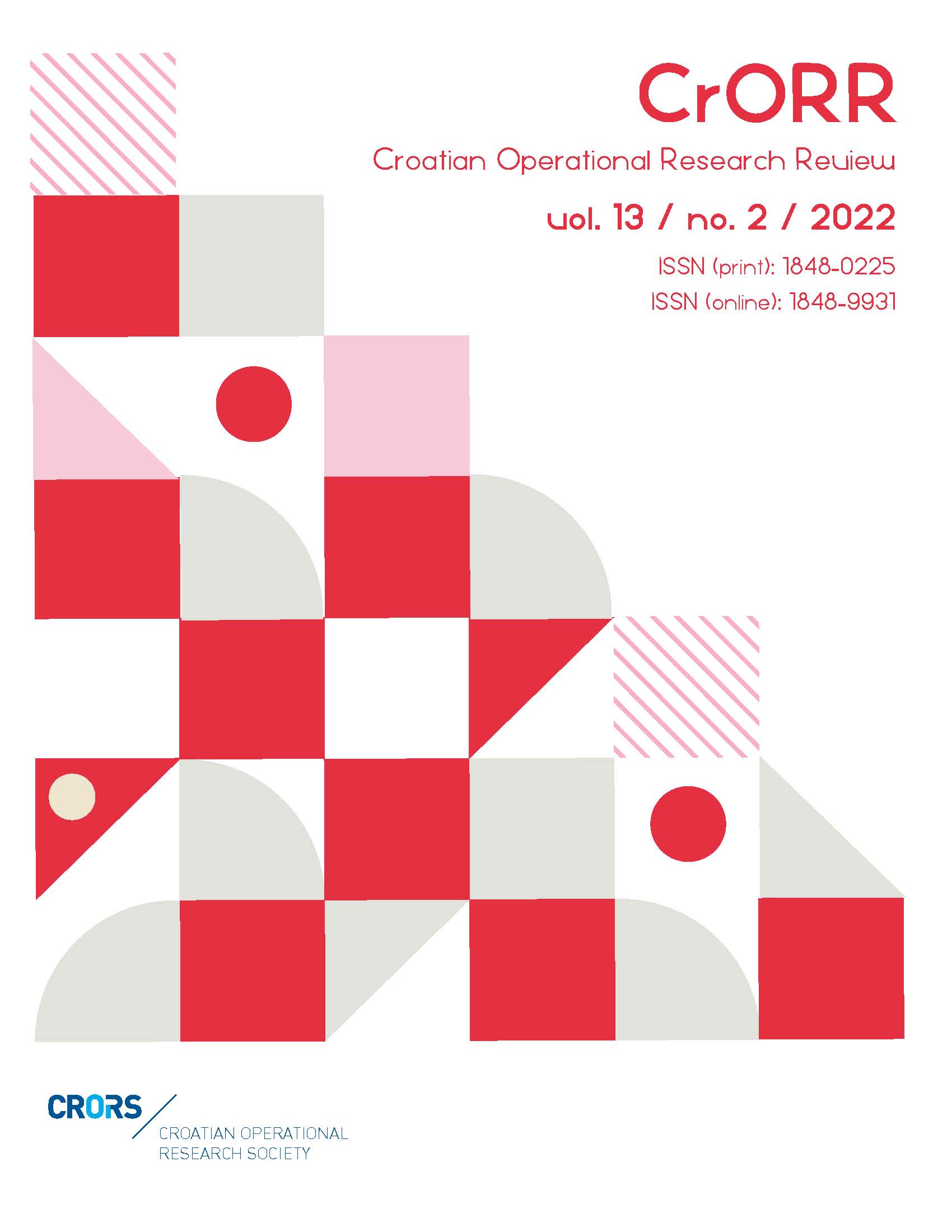No country for old men? Microsimulation effects of activating pensioners on the labour market
Abstract
Being a pensioner in Croatia carries certain risks of poverty and inequality compared to the rest of the population. Low level of average pension compared to the minimal wage is just one case in point. On the other hand, the labour market shortage is not negligible and there is also a poor track record when it comes to pension system reforms in the last two decades. This paper investigates a possible path of the future pension system reform aimed at increasing household income levels -- focused on the labour market participation of people aged 65+ who are willing and able to solve labour shortages present in the market. The general aim of the paper is to analyze the effects that the establishment of the Pensioners Service Center might have on market income, mean household income by decile groups, poverty and inequality indices. It fills the research gap by conducting the first microsimulation of the pension system reform in Croatia focusing on market income. The hypothetical reform is simulated using the tax--benefit microsimulation model EUROMOD based on EU--SILC 2019 data for Croatia. Results confirm market income as the main cause of income inequality as well as that the second decile is the target group of the proposed intervention. Pensioners have a clear monetary incentive to increase their labour supply, which in return decreases all poverty and inequality indices.
Downloads
Published
Issue
Section
License
- Authors retain copyright and grant the journal right of first publication with the work simultaneously licensed under a Creative Commons Attribution License that allows others to share the work with an acknowledgement of the work's authorship and initial publication in this journal
- Authors are able to enter into separate, additional contractual arrangements for the non-exclusive distribution of the journal's published version of the work (e.g., post it to an institutional repository or publish it in a book), with an acknowledgement of its initial publication in this journal.
- Authors are permitted and encouraged to post their work online (e.g., in institutional repositories or on their website) prior to and during the submission process, as it can lead to productive exchanges, as well as earlier and greater citation of published work (See The Effect of Open Access).


